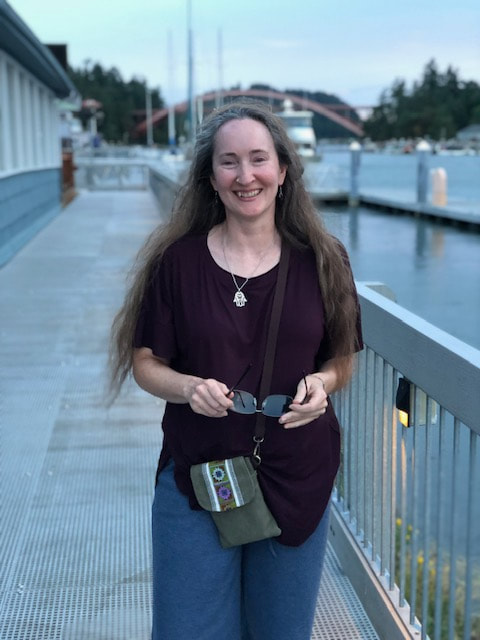 Science fiction writer, Robert A. Heinlein, coined the term “speculative fiction” in the 1940s. Since then, the industry often uses the “spec-fic” label as an all-inclusive phrase for any fiction that is science fiction, fantasy, horror, space opera, steampunk, superhero, alternate history, dystopian, paranormal, supernatural, weird fiction, or a combination, and more. But I think the genre today has strengthened into something more specific. Add in faith components to explore and--voilà!—you may have Christian speculative fiction. There’s an element, a key to what makes something speculative. I find a lot of authors call themselves speculative but aren’t. Maybe they’re science fiction or dystopian; however, something is missing. Because a writer pens fantasy, for example, doesn’t make him/her spec-fic. So what is it, what’s the needed key? Speculation is defined as a notion based on conjecture rather than knowledge. Something formed over incomplete information. It’s abstract reasoning or exploration of an opinion based on guessing. It’s mystery. It’s the book that makes you grab your chin and say, “Hum… I’m not sure what to think about that, but it’s interesting, and let’s dwell on it for a spell.” It’s a walk on the bridge between the intellectual and the visceral and not based on a plot or characters in a world-build where the author spells everything out. It’s asking, “What if?” in an imaginative landscape that’s open for exploration. Too often I grab a book to read that’s labeled Christian Speculative Fiction, yet it’s a straight up Christian fantasy, for example, (though perhaps well-done) that’s mapped out and exposited leaving no room for real speculation or imagination from the reader’s mind. I see it as a common mistake in branding. In fact, some authors might do better if they branded in a particular subgenre rather than speculative fiction because it’s harder to define. Ask eight people what spec-fic is and you’ll probably get eight different answers. I think for a book to be truly speculative it needs to leave room for questions, be an enigma, puzzling, something difficult to understand. My favorite spec-fic books have ingredients that leave me with a big fat question mark in the shape of a stairway to climb within my mind. “What did I just read? That was an interesting slant. It challenged me; haunted me. Let’s revisit.” In fact, if you find a novel that doesn’t quite fit in a specific subgenre, such as horror or fantasy, yet it does at the same time, and you scratch your head wondering what it even is—because the labeling is difficult for you to determine—then I’d say you’ve probably discovered the heart of speculative fiction. There are those reading this who would speculate on the accuracy of my speculation. And I’m just speculating, but the more the merrier.
2 Comments
Henry
5/8/2020 06:04:26 pm
Your books define speculative fiction. You’re an amazing writer and I cannot wait for your next work to be released.
Reply
Your comment will be posted after it is approved.
Leave a Reply. |
Tessais a storyteller, and a transcript editor. She's also a Romans 8:28 kind of Jewish girl ... For Tessa's new
|





 RSS Feed
RSS Feed